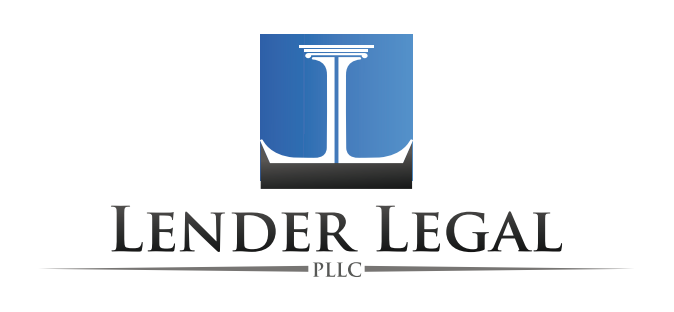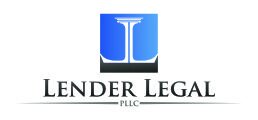The U.S. Department of Housing and Urban Development extends partial waiver of face to face counseling requirement for single family mortgage loans in default until December 31, 2023
Servicers must use alternative methods to establish contact with borrowers during the waiver period.
The U.S. Department of Housing and Urban Development (HUD) issued a temporary and partial waiver of regulation on December 19, 2022. This waiver applies specifically to 24 CFR § 203.604[1], which deals with servicing responsibilities and contact with the mortgagor.
Reasoning Behind the Temporary Changes
The HUD waiver[2] is an extension of a temporary waiver that was already put in place due to the COVID-19 pandemic and related concerns regarding in-person contact. The current waiver was prompted by numerous factors, including continued COVID-19 concerns, increased seasonal flu infections, and a surging Respiratory Syncytial Virus (RSV) season[3].
Further, HUD recognized that, in addition to the increase in illnesses, employee and resource shortages[4] are affecting industries throughout the country, including the mortgage servicing industry. Thus, enabling alternative methods of communication to be used during the lending process is also beneficial for mortgagors whose resources may already be stretched thin. What does the waiver, which is set to extend through December 31, 2023, mean for mortgage lenders?
The Temporary Changes for Mortgagors
Mortgage lenders are still required to establish contact with borrowers, but they may now do so using alternative methods such as:
- Telephone interviews;
- Email communications; or
- Video conferences.
These remote or telephonic meetings allow the mortgagor to assess the borrower’s circumstances and create a repayment plan. Lenders must also use these meetings to inform the borrower of the following things:
- That HUD reports certain details like payment history and status of the loan to credit bureaus and other prospective creditors;
- Details regarding any other assistance available to the borrower; and
- The names and contact information of HUD officials that the borrower can contact for further information or assistance.
The documentation requirement for lenders still stands, as they must keep a record of their contact with borrowers. The waiver now also requires that the method of communication be documented.
HUD’s extended waiver does not apply to the Section 248 insurance program requirements, which still require face-to-face contact.
[1] 24 CFR § 203.604. https://www.ecfr.gov/current/title-24/subtitle-B/chapter-II/subchapter-B/part-203/subpart-C/subject-group-ECFR9522f785d832320/section-203.604
[2] Temporary, Partial Waiver of 24 CFR § 203.604. https://www.hud.gov/sites/dfiles/OCHCO/documents/Waiver-Face-to-Face-Reg-through-123123.pdf?utm_medium=email&utm_source=govdelivery
[3] Yale Medicine. ‘Tripledemic:’ What Happens When Flu, RSV, and COVID-19 Cases Collide? https://www.yalemedicine.org/news/tripledemic-flu-rsv-and-covid-19
[4] CNBC. Worker shortages, supply chain crisis fuel 2022 Top States for Business battle. https://www.cnbc.com/2022/06/13/worker-shortage-supply-chain-crisis-fuel-2022-top-states-for-business.html


